Russia stands ready to offer security help to Belarus: Vladimir Putin
Fri 28 Aug 2020, 10:37:47
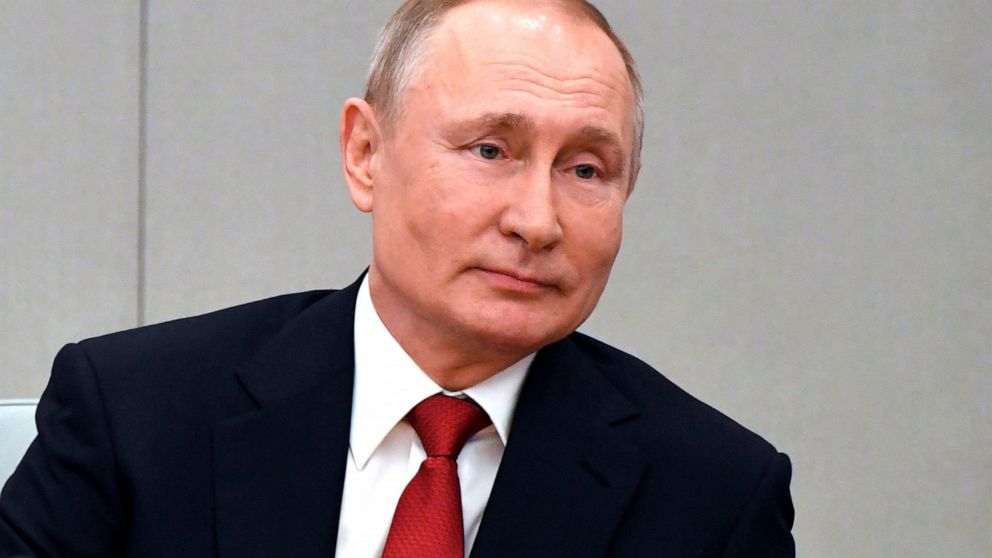
Minsk: Russian President Vladimir Putin warned that he stands ready to send police to Belarus if protests there turn violent, but added in an interview broadcast Thursday that there is no such need now and voiced hope for stabilizing the situation in the neighbouring country.
Belarus' authoritarian president of 26 years, Alexander Lukashenko, is facing weeks of protests against his reelection to a sixth term in the August 9 vote, which the opposition says was rigged.
Putin told Russia's state television that Lukashenko has asked him to prepare a Russian law enforcement contingent to deploy to Belarus if necessary.
Putin said that he and Lukashenko have agreed that there is no such need now, and I hope there won't be."
We have agreed not to use it until the situation starts spinning out of control and extremist elements acting under the cover of political slogans cross certain borders and engage in banditry and start burning cars, houses and banks or take over administrative buildings, he said.
In an apparent jab at the West, which has condemned Lukashenko's crackdown on protesters and urged him to launch a dialogue with the opposition, Putin accused unidentified foreign forces of trying to win political advantages from the turmoil in Belarus.
They want to influence those
processes and reach certain decisions, which they think conform with their political interests, Putin said.
Russia sees the neighbor as a key bulwark against Western expansion and an important conduit for Russian energy exports. The two countries have a union agreement envisaging close political, economic and military ties, and Lukashenko has relied on cheap Russian energy and other subsidies to keep Belarus' Soviet-style economy afloat.
Despite the close cooperation, Russia-Belarus relations have often been strained by disputes, and Lukashenko frequently has played overtures to the West and accused Moscow of hatching plans to incorporate Belarus.
But now, when harsh Western criticism has left the 65-year-old former state farm director no other option except an increasing reliance on Moscow, he cast the protests as part of a Western plot to weaken Russia.
Lukashenko on Thursday accused Belarus' neighbors of open interference in its affairs with a push for new elections in what he described as a hybrid war and diplomatic carnage.
He charged that Poland was harboring plans to take over the Grodno region on the border, saying that it prompted the deployment of additional Belarusian troops to the frontier.
Polish Prime Minister Morawiecki dismissed such claims last week, emphasising that Poland fully respects Belarus' sovereignty The United States and the
European Union have criticised the August 9 election that extended Lukashenko's rule as neither free nor fair and encouraged Belarusian authorities to engage in a dialogue with the opposition.
European Union have criticised the August 9 election that extended Lukashenko's rule as neither free nor fair and encouraged Belarusian authorities to engage in a dialogue with the opposition.
The Belarusian leader, who has ruled the nation of 9.5 million with an iron fist since 1994, has dismissed the protesters as Western puppets and refused to engage in dialogue with the opposition, which is contesting his reelection to a sixth term.
After a brutal crackdown on demonstrators in the first days of post-election protests, which caused international outrage and helped swell protesters' numbers, the authorities changed tactics and let daily demonstrations go unhindered for nearly two weeks.
The government, meanwhile, has maintained pressure on the opposition with threats and selective jailing of its leaders.
On Wednesday, police dispersed protesters who gathered on the capital's main Independence Square, detaining dozens.
The action signaled a return to force, albeit without violence that marked the post-election crackdown, when nearly 7,000 people were detained, hundreds were injured and at least three protesters died.
Putin defended the Belarusian authorities' response to protests, saying that police in Belarus have shown restraint. He accused Western critics of Belarus of hypocrisy and double standards, pointing at examples of violent police action, such as when they shoot an unarmed man in the back while his three children were sitting in a car in an apparent reference to the police shooting of a Black man, Jacob Blake, in Kenosha, Wisconsin.
Blake was shot in the back seven times on Sunday as he leaned into his SUV, with three of his children seated inside.
As part of a multi-pronged effort to stifle protest, Belarusian prosecutors have opened a criminal probe against the opposition Coordination Council created to facilitate a transition of power, accusing its members of undermining the country's security.
Belarusian courts this week have handed 10-day jail sentences to two council members and summoned several others, including Svetlana Alexievich, who won the 2015 Nobel Prize in literature, for questioning.
Another council member, Maria Kolesnikova, a close associate of the main opposition challenger in the vote, Sviatlana Tsikhanouskaya, was called in for questioning Thursday.
It's part of the pressure on civil society, she told reporters outside Belarus' Investigative Committee headquarters.
The authorities are refusing to listen to the people. The EU ambassadors to Belarus warned Thursday that prosecution of Coordination Council members on grounds presented by the authorities is unacceptable.
No Comments For This Post, Be first to write a Comment.
Most viewed from International
Most viewed from World
AIMIM News
Latest Urdu News
Most Viewed
May 26, 2020
Do you think Canada-India relations will improve under New PM Mark Carney?
Latest Videos View All
Like Us
Home
About Us
Advertise With Us
All Polls
Epaper Archives
Privacy Policy
Contact Us
Download Etemaad App
© 2025 Etemaad Daily News, All Rights Reserved.

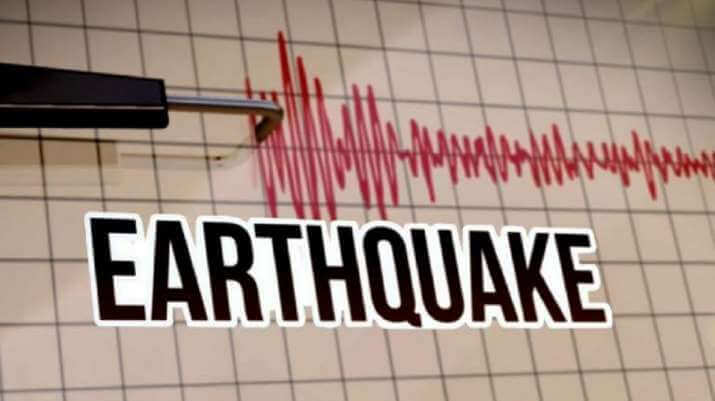
.jpg)
.jpg)
.jpg)
.jpg)
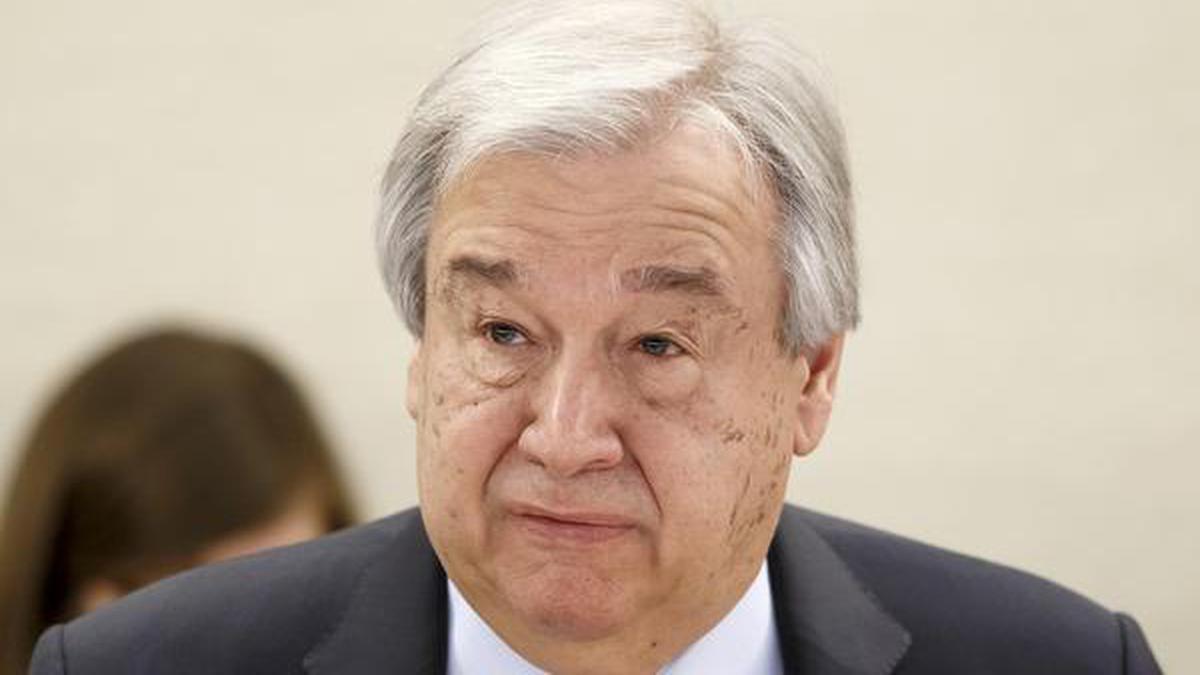
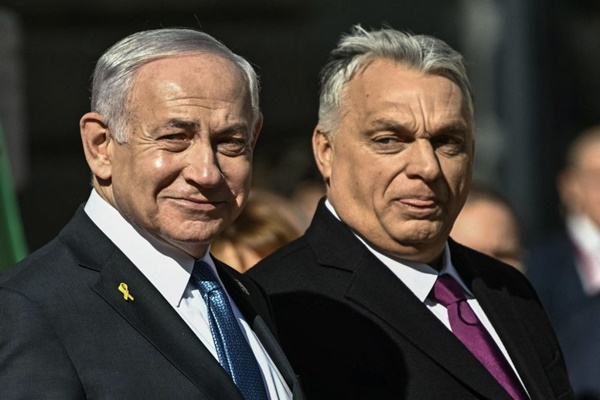
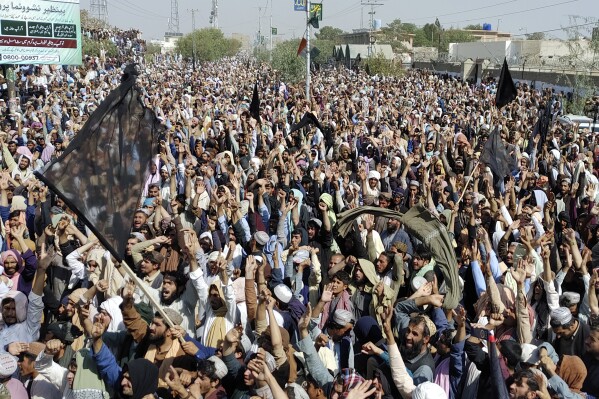
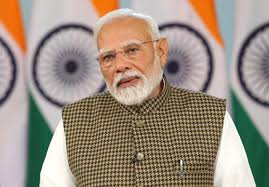
.jpg)
.jpg)
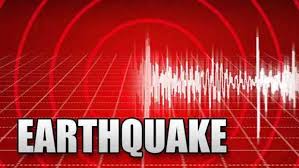


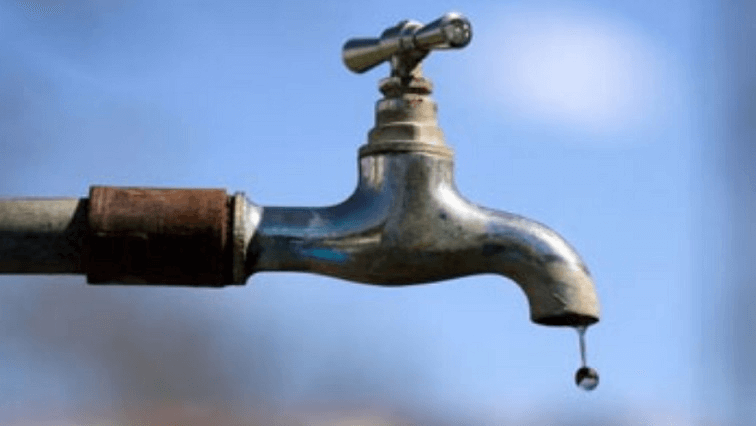
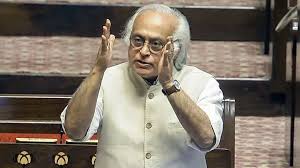
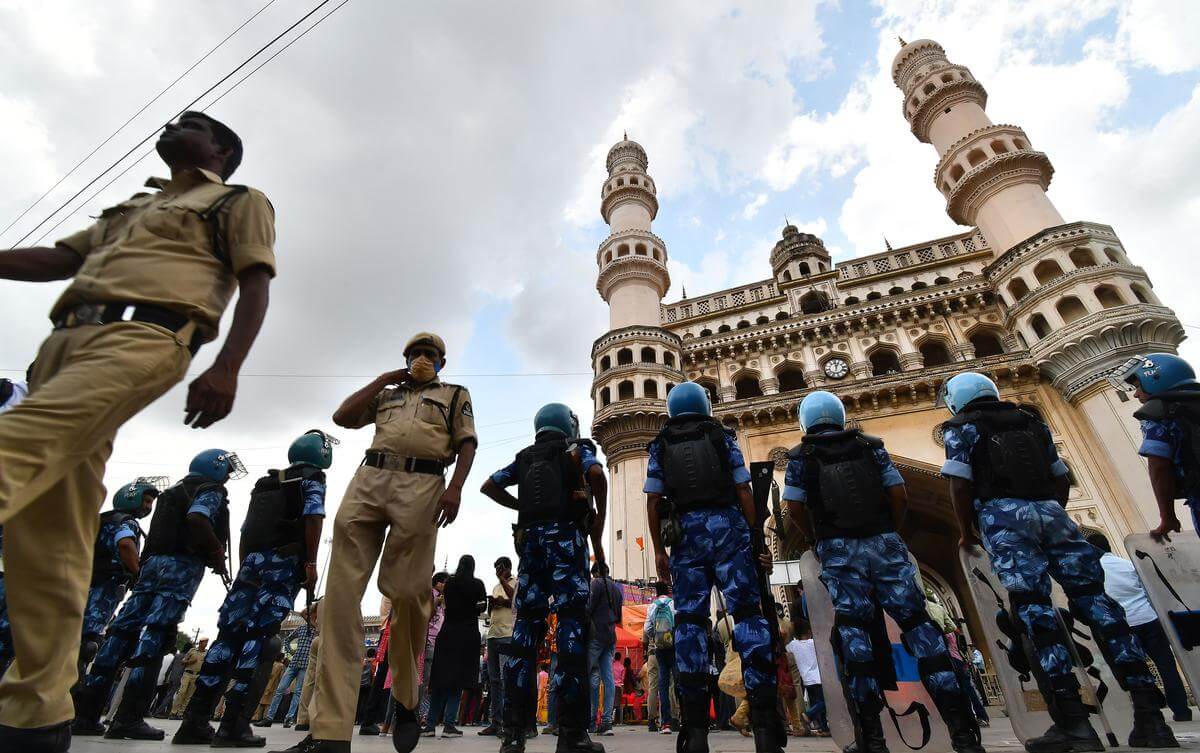
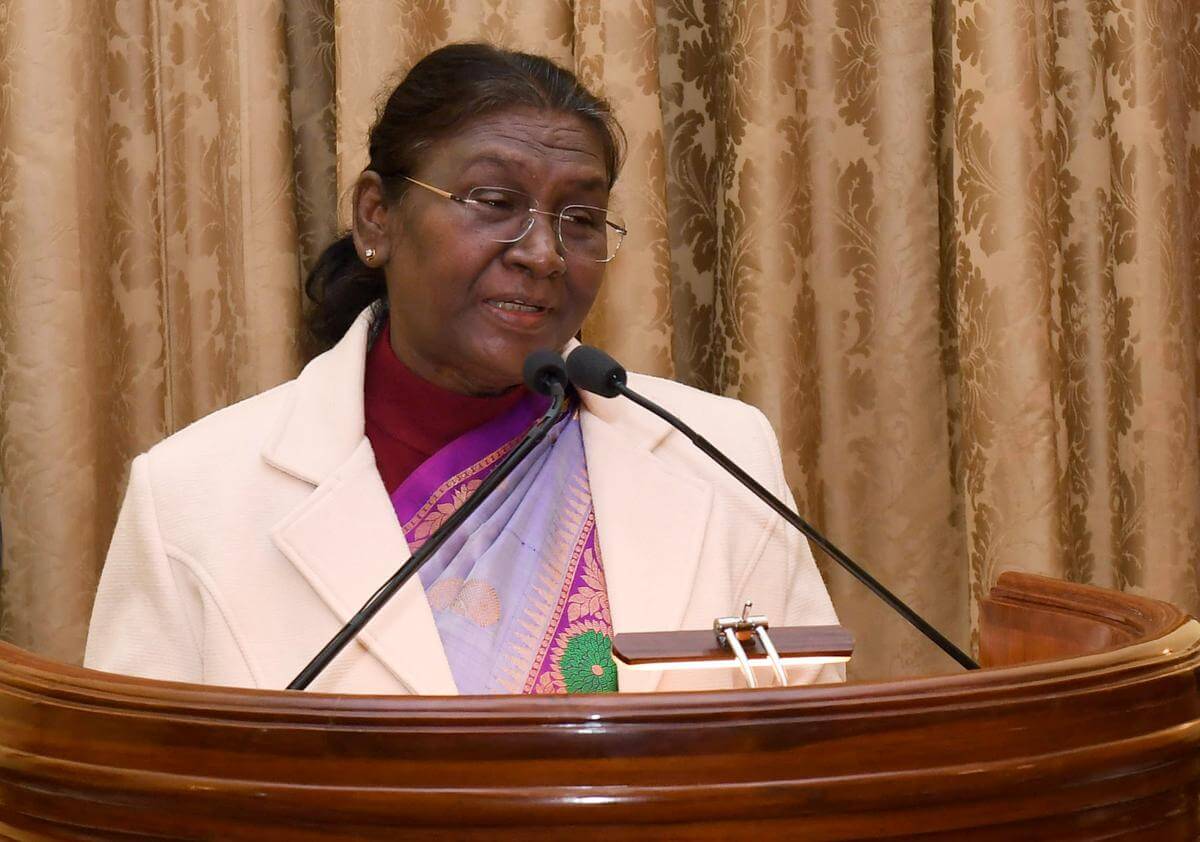
.jpg)
.jpg)
.jpg)
.jpg)
.jpg)
.jpg)

















